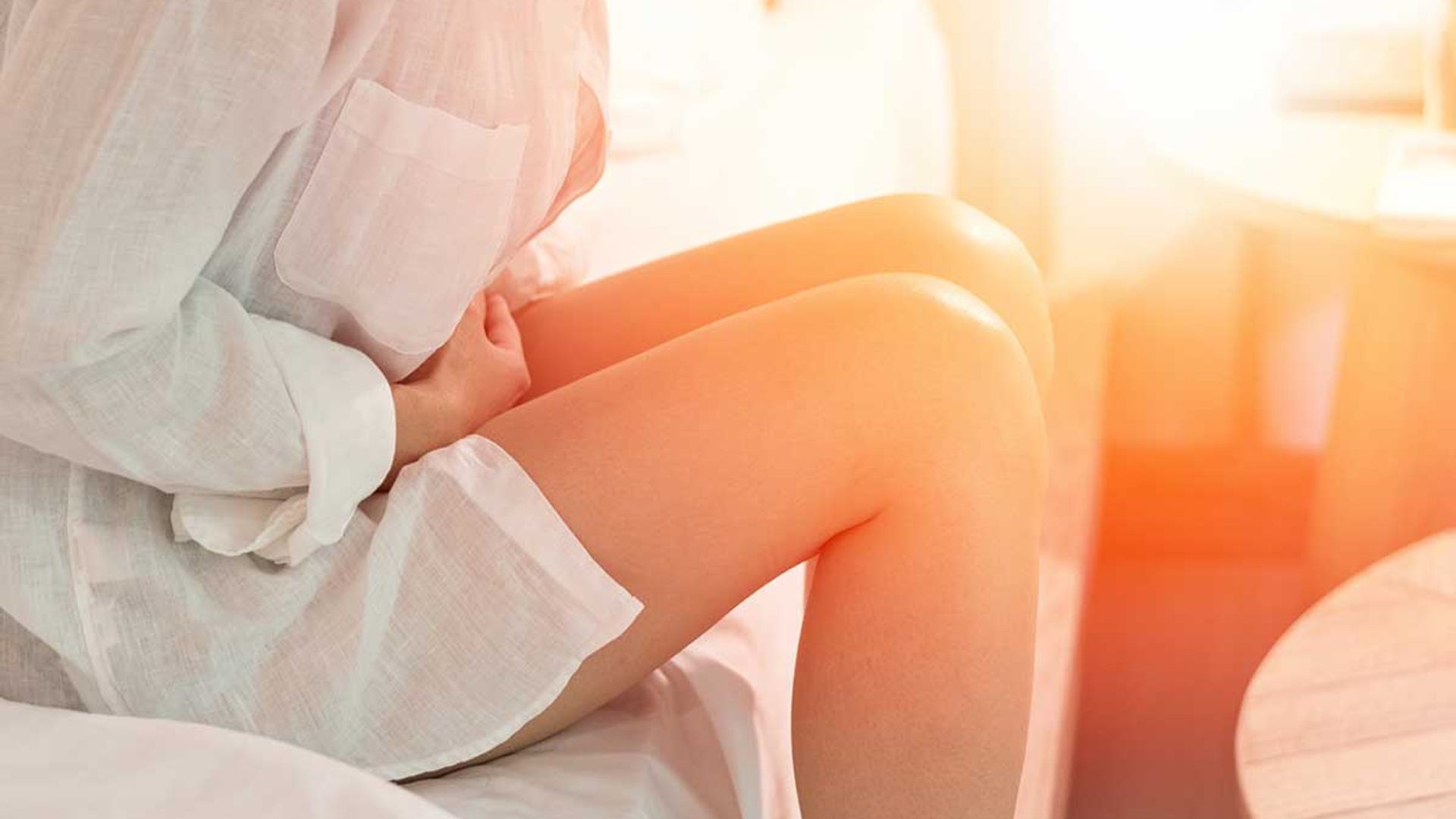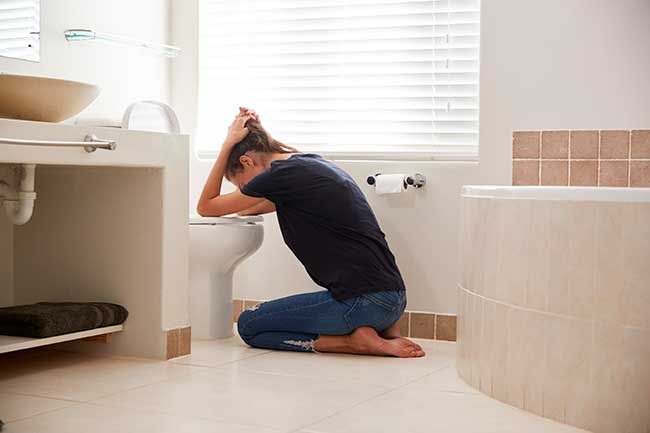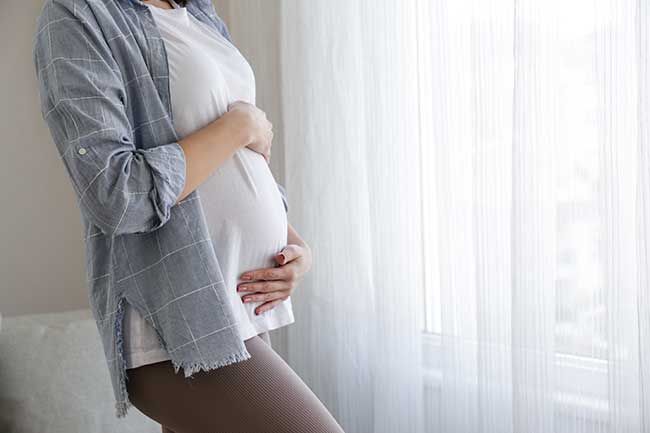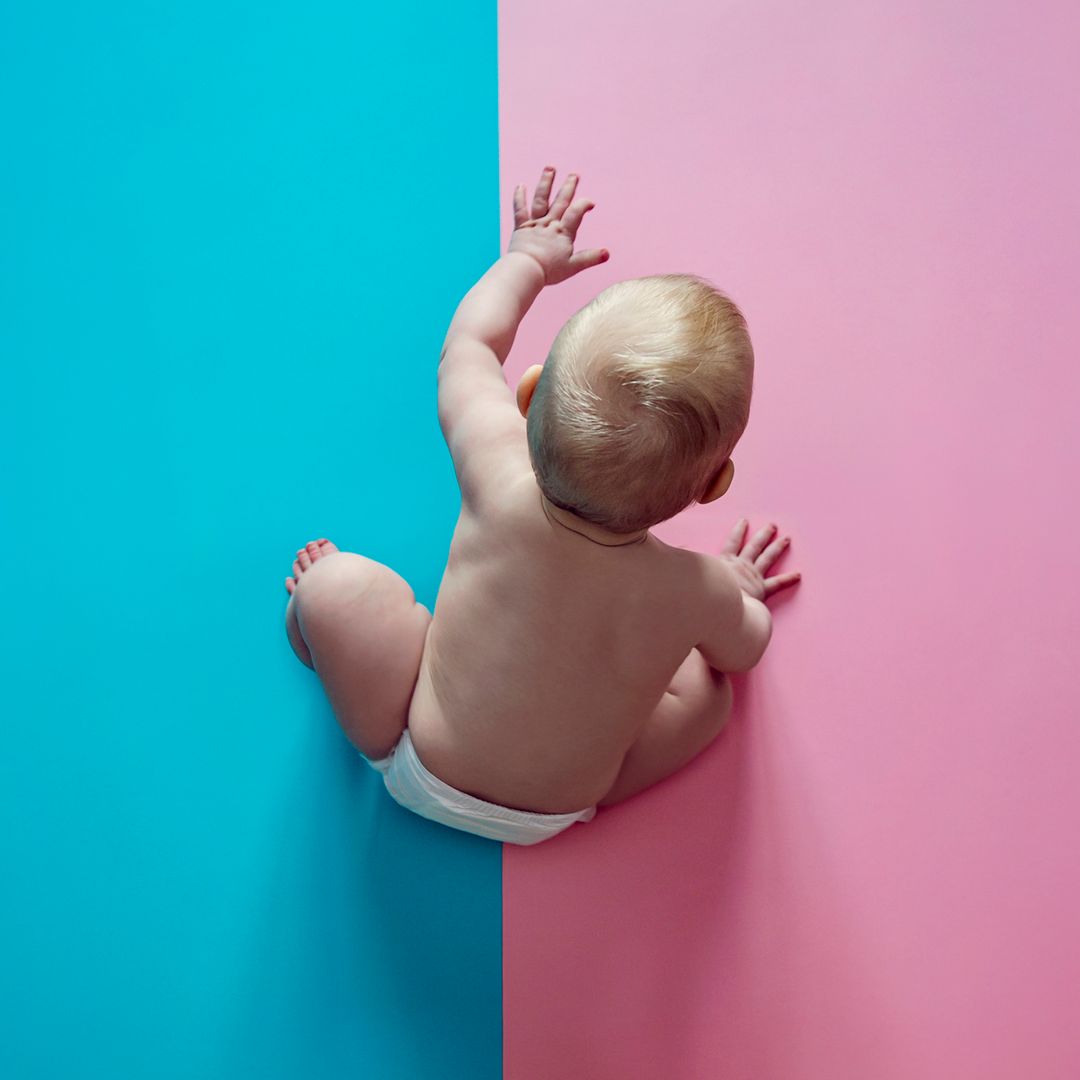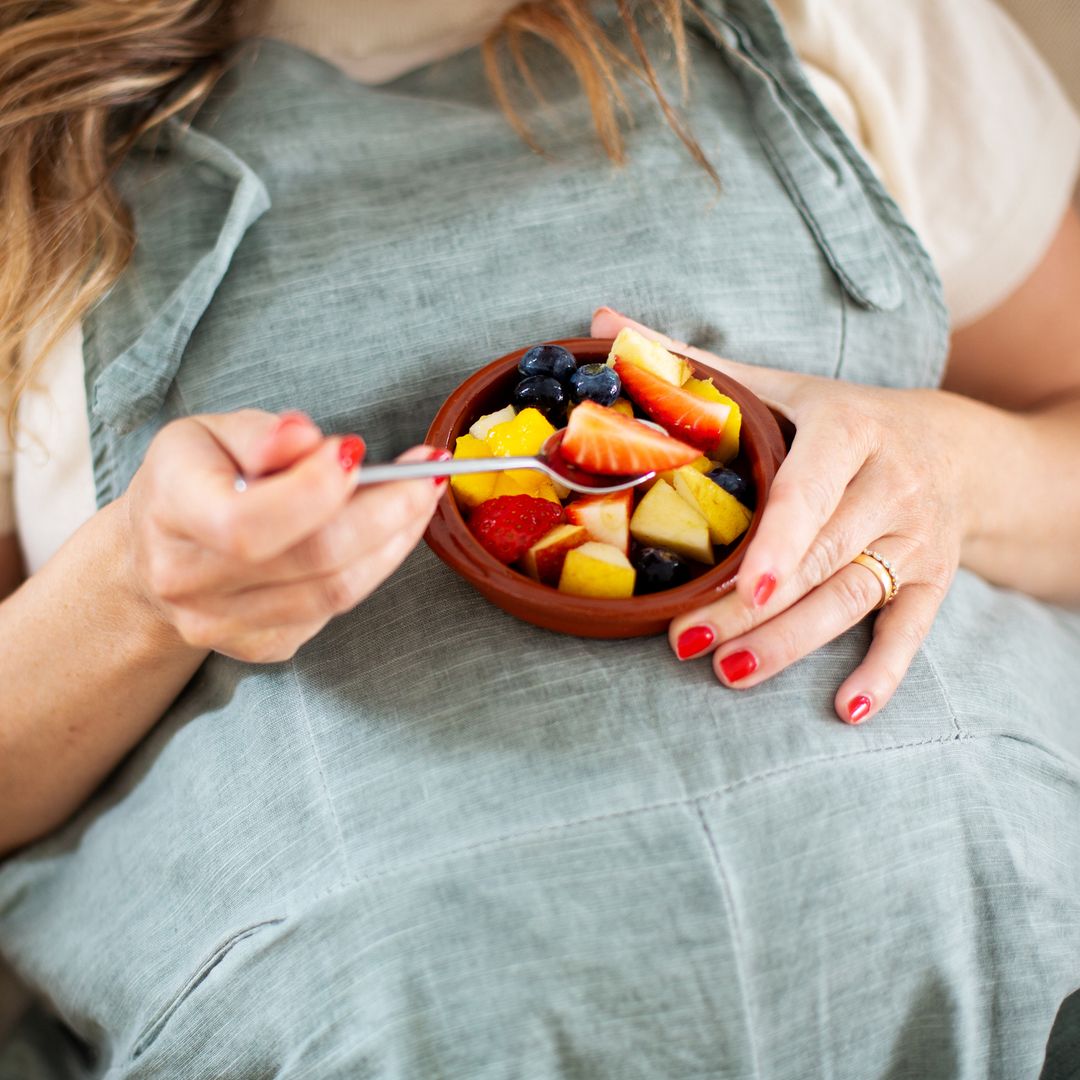Morning sickness is one of the most common – and unpleasant – early pregnancy symptoms, and despite its name, it can happen at any time of day.
An estimated 80 per cent of pregnant women experience nausea and vomiting in early pregnancy. While for some lucky women it can be short-lived, others may suffer for much longer, and one to three per cent of pregnant women develop hyperemesis gravidarum – excessive nausea and vomiting that often requires hospital treatment.
Morning sickness is one of the most common early pregnancy symptoms
From when morning sickness starts to the possible causes, we've got all the answers to your questions below…
MORE: 'I had Kate Middleton's extreme pregnancy sickness and here's what it's like'
When does morning sickness start?
Nausea and sickness can start at any time after conception, with some women affected as early as week four of pregnancy. However, most commonly it begins around week six and peaks between weeks eight to eleven.
Symptoms vary from woman to woman, and even pregnancy to pregnancy, and some women may not experience morning sickness at all.
MORE: Pregnancy safe skincare - the complete guide
What causes morning sickness?
Hormonal changes are believed to be the cause of nausea and vomiting during pregnancy, particularly human chorionic gonadotrophin (hCG) and oestrogen, which are produced by your body in large quantities until the placenta has grown enough to support and nourish your baby.
These hormonal changes may also heighten your senses, so you may become more sensitive to certain smells and tastes, which can also trigger nausea and sickness.
MORE: 7 best pregnancy pillows to combat back pain
Hormonal changes are believed to cause morning sickness
Morning sickness has also been linked to blood sugar issues, which is why many women may feel most nauseous first thing in the morning before eating.
According to the NHS, you're more at risk of developing morning sickness if you're having twins or more, you had severe sickness in a previous pregnancy, you tend to get motion sickness, you have a history of migraine headaches and morning sickness in the family.
Other risk factors include a BMI of 30 or more, you're experiencing stress, it's your first pregnancy, and if you used to feel sick when taking contraceptives containing oestrogen.
MORE: Game-changer gifts for expectant parents and new mums
Meanwhile, research suggests that women are more likely to experience morning sickness when expecting a girl, rather than a boy (Young, N.R., La Rosa, M., Mehr, S.A. et al., 2021), however, more research is required in this area and the severity of pregnancy symptoms are not considered indicative of a baby's gender.
Can you be pregnant and not have morning sickness?
While morning sickness is very common, there is no cause for concern if you're pregnant and don't have morning sickness. Around 20 to 30 per cent of women are lucky enough to avoid experiencing morning sickness. Every pregnancy is unique, so you're likely to find that you have different symptoms to pregnant friends or family members, or even from one pregnancy to the next.
When does morning sickness end?
Morning sickness often fades away at the end of the first trimester, and for the majority of women it typically clears up by weeks 16 to 20 of pregnancy.
If your symptoms are severe or you are dehydrated or losing weight, it's best to contact your GP or midwife so that you can be assessed and receive treatment.
References:
Young, N.R., La Rosa, M., Mehr, S.A. et al. Does greater morning sickness predict carrying a girl? Analysis of nausea and vomiting during pregnancy from retrospective report. Arch Gynecol Obstet 303, 1161–1166 (2021). https://doi.org/10.1007/s00404-020-05839-1
Like this story? Sign up to the HELLO! Family Hub newsletter to get other stories like this delivered straight to your inbox.
